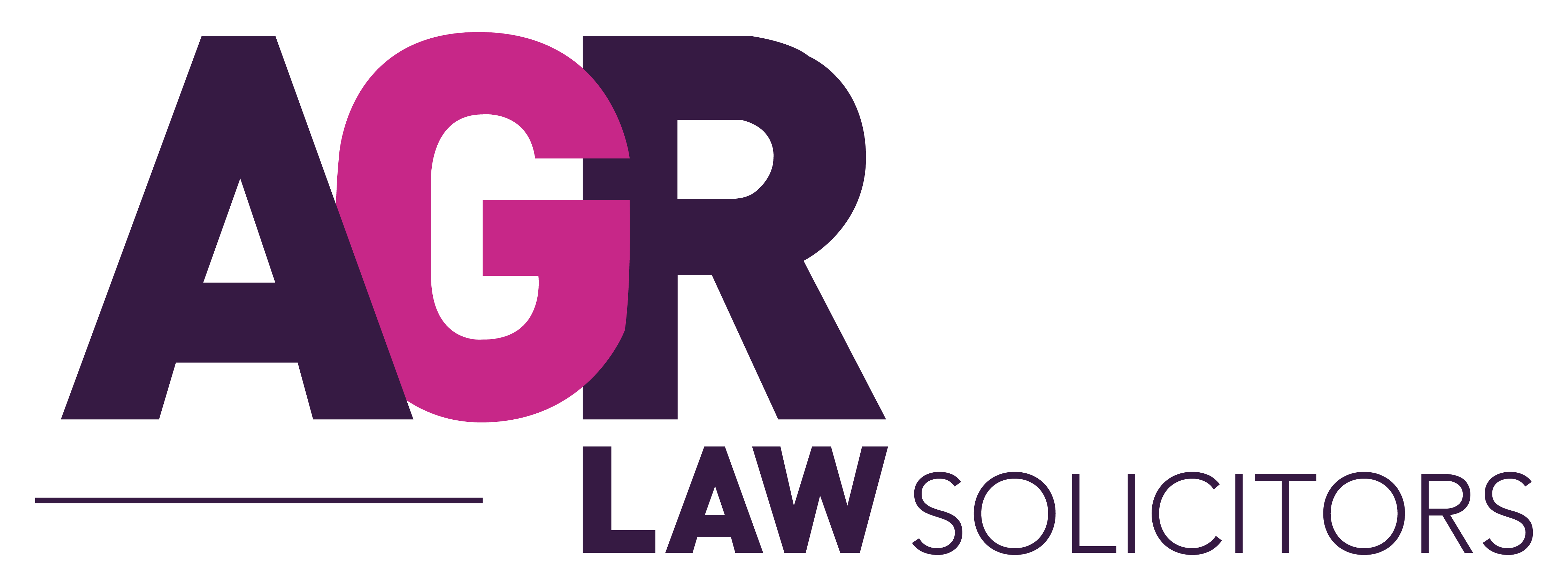The laws surrounding keeping people safe online have been in the news periodically since the basis for the Online Safety Bill, the government’s Online Harms white paper, was published in April 2019.
We want to tell you about the Online Safety Bill and what it will mean if it becomes law.
What is the Online Safety Bill?
A Bill is a proposed law which is put to Parliament by an MP. The Online Safety Bill is brand-new legislation, but Bills may also be updates to existing laws.
The long title for the Online Safety Bill is ‘a Bill to make provision for and in connection with the regulation by OFCOM of certain internet services; for and in connection with communications offences; and for connected purposes.’
Put more simply, the Bill proposes new laws to keep adults and children safe online by making social media companies more responsible for their users’ safety on their platforms.
How do Bills become law?
All Bills begin in either the House of Commons or the House of Lords, but they must be approved by both Houses before becoming law.
The passage of Bills through the House of Commons and the House of Lords largely follows the same process:
- The first reading is a formality where the title of the Bill is read out before it is printed
- The second reading is when debate begins
- The committee stage is where details are examined, and clauses and amendments are debated
- The third reading is the final debate of the contents of the Bill
When a Bill has been through the passage in both Houses, they consider each other’s amendments and when it is finalised it receives royal assent from the King. He formally agrees to make it into an Act of Parliament, and it becomes law.
Why do we need the Online Safety Bill?
Some social media content is illegal, harmful or age inappropriate. Examples may include:
- Sexual abuse and violence
- Promotion or glorification of suicide, eating disorders and self-harm
- Selling of drugs and weapons
- Sexual exploitation and revenge porn
- Illegal immigration and people smuggling
- Terrorism
- Hate crime
- Violence or incitement
- Fraud
The Online Safety Bill aims to tackle such content by forcing social media platforms to remove it.
Though the contents of the Bill have not yet been finalised, it may also:
- Prevent underage children from accessing social media platforms using different technologies to check people’s ages more accurately
- Give adults more control over what they see and who they engage with online
- Require all social media companies to consider how their platforms allow abusers to create anonymous profiles and ban repeat offenders, or place limitations on their accounts
The Online Safety Bill is being supported by the NSPCC who state a poll by YouGov shows overwhelming support for tougher measures to keep children safe online. They call the Bill ‘an urgent and necessary child protection measure’ and say they are seeing unprecedented levels of grooming and child sexual abuse online.
A statement by the NSPCC’s CEO, Sir Peter Wanless, in January 2023 says that in 2022 the Bill faced delays, meaning children continued to face sexual abuse on an industrial scale. He went on to say this must be the year that legislation delivers systemic change for children.
How will the Online Safety Bill be enforced?
In its current form, the law would expect platforms to demonstrate to OFCOM that they have processes in place that meet the requirements of the Bill. Companies that are found not to be compliant may be fined, and OFCOM may take criminal action against senior managers who fail to give information when requested.
OFCOM will have the power to take action against companies no matter where they are based if they are accessible to UK users.
What’s next for the Online Safety Bill?
The Online Safety Bill has been subject to numerous delays and postponements, as prime ministers and departmental secretaries have changed. In that time, the original focus has changed substantially from online abuse and harassment to child protection, suicide and self-harm.
At the time of writing, it has been through the House of Commons and is at committee stage in the House of Lords:
- It had its first reading in the House of Commons on 17 March 2022 and reached third reading stage on 17 January 2023
- It began its passage through the House of Lords on 18 January 2023. The date for the committee stage has yet to be announced
There is no timetable yet for the Bill to be completed.
AGR Law
We’re an award-winning law firm with offices in Leicester and Northampton. We also offer virtual appointments.
We advise individuals, families and businesses, specialising in family law, immigration and personal and commercial services. Contact us on 0116 340 0094 or hello@agrlaw.co.uk

